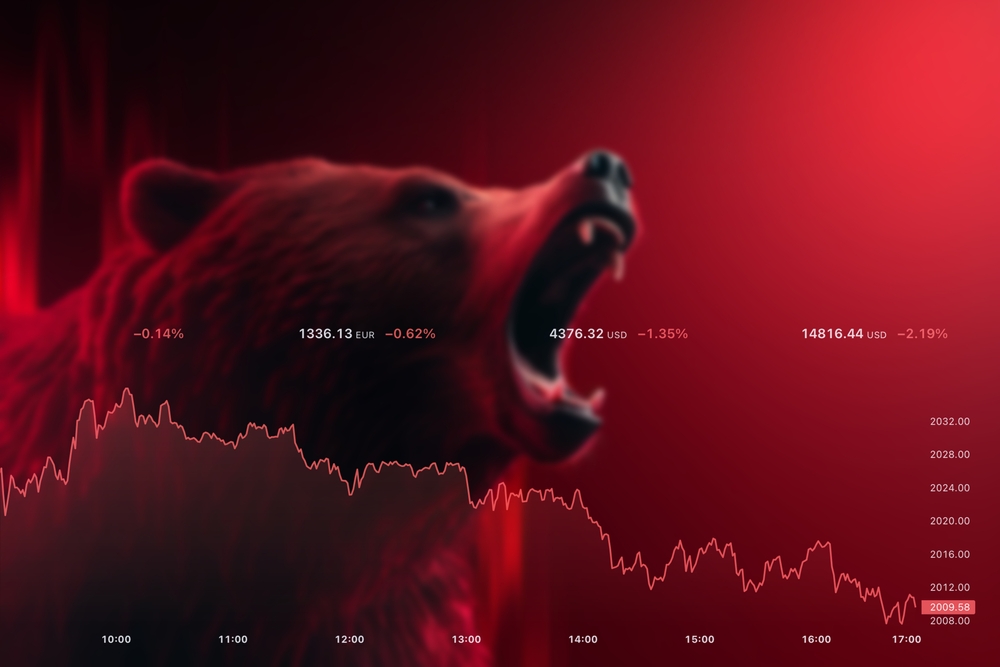
Some of America’s biggest tech companies are being heavily shorted in the first quarter as traders brace for deeper losses tied to President Trump’s trade agenda.
According to Hazeltree’s latest Shortside Crowdedness Report, Apple (AAPL), Super Micro Computer (SMCI), Micron Technology (MU), Microchip Technology (MCHP), IBM (IBM), and Texas Instruments (TXN) are among the most shorted U.S. tech stocks.
Each company received a “crowdedness score” between 85 and 91, on a scale from 1 to 100. Higher scores indicate a larger share of hedge funds and institutional investors betting against the stock.
Super Micro Computer landed the highest crowdedness score among tech stocks at 91.
It also posted the highest "institutional supply utilization" rate at 53.27% — a metric that measures the proportion of institutional investors' available shares currently being lent out for short selling.
Interestingly, Hazeltree connected the shorting surge to an uptick in tech-sector layoffs, suggesting worsening business conditions across the board.
“Our February Shortside Crowdedness Report analysis shows the U.S. tech sector continued to see layoffs, though at a slower pace than last year, alongside a surge in job postings, low unemployment, and a contracting IT job market,” said Tim Smith, Hazeltree’s managing director of data insights.
“Tech remained a top target for short sellers in the Americas for the third consecutive month, with eight of the 10 most crowded large-cap securities,” he added.
Tech sell-off deepens
Although U.S. stocks have slumped across the board since Trump’s inauguration, the tech sector has been among the hardest hit. It’s facing a double-whammy: a risk-off mood on Wall Street and renewed tariffs targeting the semiconductor supply chain.
The challenge is structural. U.S. tech firms remain heavily reliant on overseas chip manufacturing, particularly in Taiwan and mainland China.
For years, companies like Apple, Nvidia (NVDA), Qualcomm (QCOM), and Intel (INTC) embraced a “fabless” model — designing chips domestically but outsourcing production to overseas fabs.
Now, Trump wants to reverse that.
A recent White House memo cited by Axios framed Nvidia’s planned U.S. expansion as “another win for President Trump’s push to increase U.S. manufacturing.” The memo described the company’s multibillion-dollar investment as proof that reshoring efforts are gaining traction.
But industry analysts say the transition will take years. The Semiconductor Industry Association estimates it will take a decade — and nearly $650 billion — to build out fabs and infrastructure capable of supporting domestic chip fabrication at scale.
The Trump administration acknowledges that reshoring will come with short-term costs — including supply chain disruption and pricing pressure — but believes it will deliver long-term economic gains.
In the meantime, traders are betting tech stocks have further to fall. For now, the bears are winning.
Your email address will not be published. Required fields are markedmarked